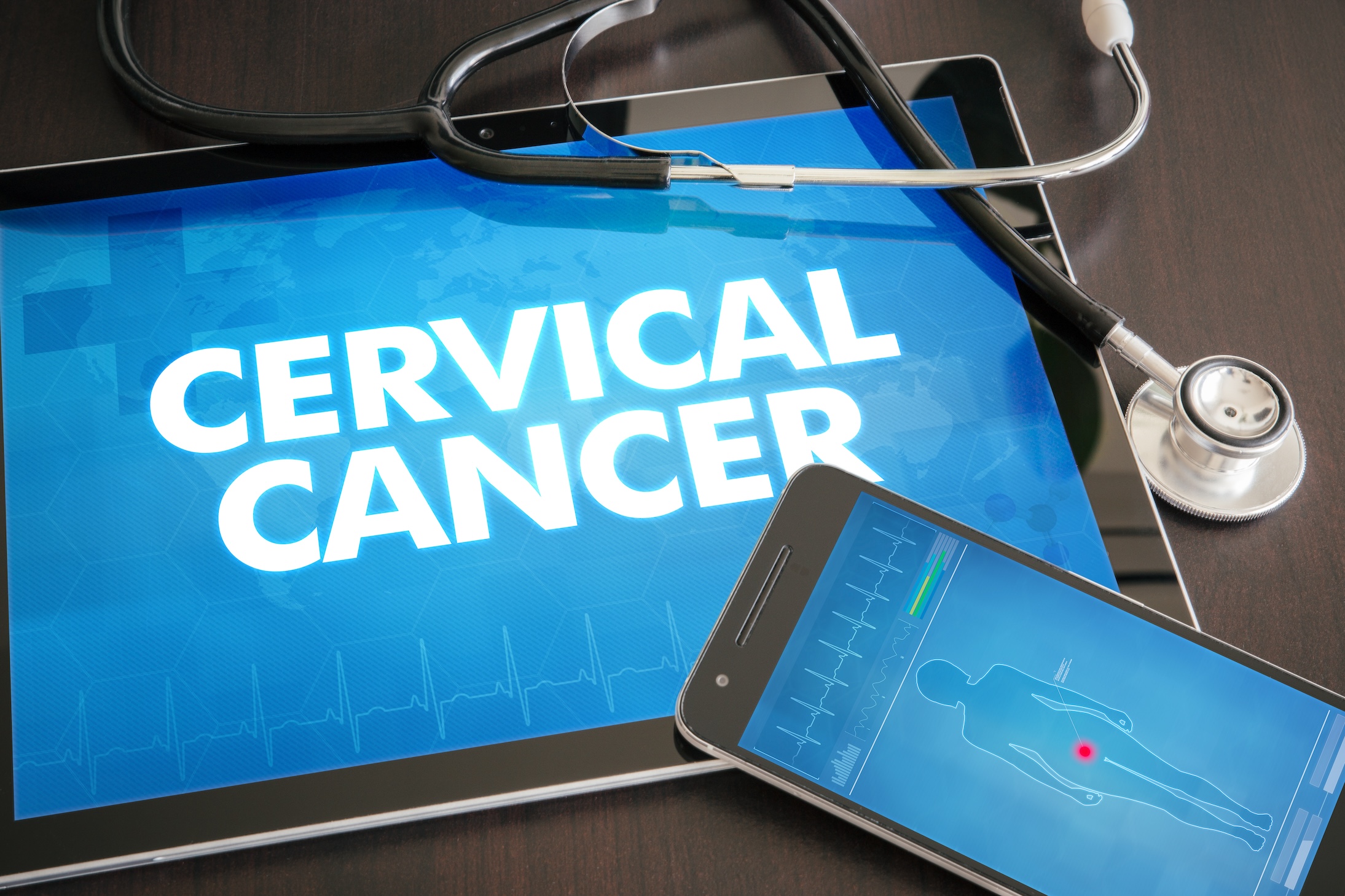Hi, it’s Dr. Curry-Winchell, or Dr. BCW for short. Today, I’d like to talk about a topic that is of critical importance: the dangers of ignoring symptoms of cervical cancer. Thanks to She Knows for supporting this message and promoting health equity and advocacy. The current situation needs as many supporters as possible. Especially when health and life are concerned, we must find ways to elevate our message.
The Heartbreaking Reality
Recently, the loss of Jessica Pettway, a beloved beauty influencer who passed away from cervical cancer at the age of 36, has highlighted a concerning issue in healthcare. Of course, as a Black physician who shares similar roles as a wife and mother, I feel a deep connection to Jessica’s story. It’s a somber reminder of the increasing mortality rates and often-dismissed healthcare concerns of Black women. This isn’t just a statistic. Instead, it’s a call to action to address the systemic issues that perpetuate this tragic narrative.
Silent Symptoms and Missed Warning Signs
Cervical cancer is a silent enemy that can go undetected in its early stages. Regular screenings and exams are vital for early detection, especially for Black women. Black women face a disproportionately higher risk of developing and dying from cervical cancer. Jessica’s symptoms of intense bleeding and fatigue were attributed to fibroids at first. These dismissals showcase the vital need for both patients and healthcare providers to listen intently to the signs our bodies give us. Of course, seeking a second opinion is always a good precaution. Especially for conditions like cervical cancer, which may have limited or delayed symptoms.
Instead of shying away from the healthcare system, lean into it. Establish care with a healthcare provider. Build rapport with your healthcare provider, and ensure you are getting regular health screenings. When you have a provider that knows you, and a provider that you trust, it is easier to advocate and question your health plans.
Advocacy and Action
Without action, there will be no change. If we want to see improvements, we must be willing to speak up. It will be difficult and it will take time. Here’s where we must make a stand:
- Remove Doubt, Trust Yourself: Never dismiss your intuition. No symptom or concern is too small to be addressed. If you feel overlooked by your healthcare provider, express your concerns until you are heard. Keeping a health journal can be an invaluable tool in these conversations.
- Proactive Health Monitoring: Understand what screenings are appropriate for your age and current health status. This proactive vigilance is key to catching hidden health concerns early.
- Seeking Second Opinions: There is power in persistence. If your health concerns are not being taken seriously, it’s essential to seek a second opinion. Your well-being must be given the comprehensive attention it deserves.
Advocating for oneself in the medical system can be daunting. However, it could be a necessary step that saves your life. Women’s health is a central aspect of public health, and sharing stories like Jessica’s creates a ripple effect of awareness. We cannot accept pain as “normal.” Instead, we must break down the biases and barriers that prevent effective and equitable healthcare.
Closing
To the women of color reading this: Your health matters. Your voice is powerful. Do not allow it to be sidelined. The road to health equity is long, but together, through advocacy and awareness, change is possible.
Each story shared, each conversation had, brings us closer to a future where our health is valued and our pain is seen. Let us honor Jessica’s legacy by advocating for yourself and others. By advocating our health concerns can be taken seriously.
Stay informed and prioritize your health! – Dr. Curry-Winchell (Dr. BCW)
To read the full She Knows article on cervical cancer visit:
https://www.sheknows.com/health-and-wellness/articles/2993994/jessica-pettway-cervical-cancer/
What Jessica Pettway’s Story Can Teach Black Women About Trusting Our Pain
